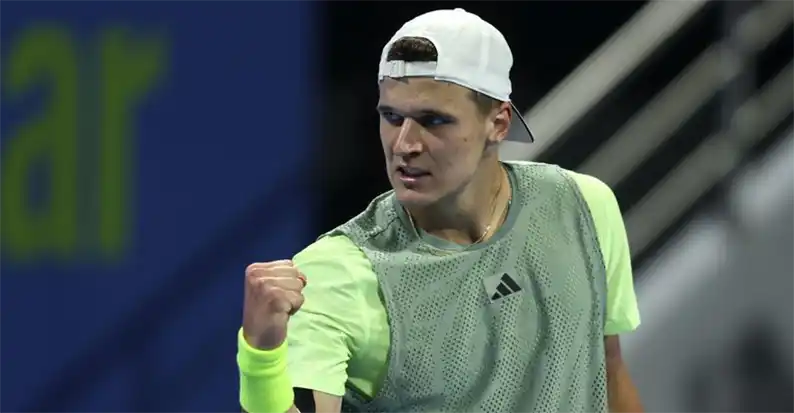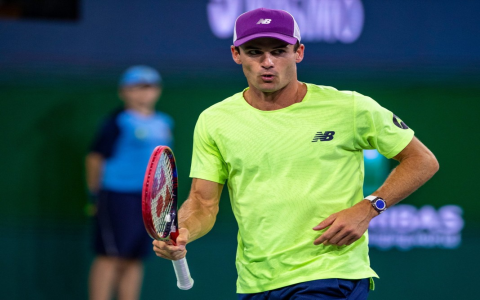Alright, let’s dive into my experience with the Jakub Mensik prediction. It was a bit of a rollercoaster, but hey, that’s what makes it interesting, right?

So, I first stumbled upon Jakub Mensik, and, like many, I was curious about his potential. I started by gathering as much data as I could find online. I scoured through his match records, looking at his performance on different surfaces, against various opponents, and under different conditions. Basically, I was trying to build a mental profile of his strengths and weaknesses.
Next, I decided to focus on a specific upcoming match. I picked one where I thought I had enough information to make a somewhat informed prediction. This involved analyzing his opponent’s playing style, recent form, and head-to-head record against Mensik. I also considered the tournament conditions – the court surface, the weather, and even the time of day the match was scheduled.
Then came the tricky part – formulating the actual prediction. I didn’t want to just blindly guess. Instead, I tried to weigh the different factors I had gathered. I looked at Mensik’s serve percentage, his return game effectiveness, and his ability to handle pressure in crucial moments. I compared these stats with his opponent’s, looking for any significant advantages or disadvantages.
Once I had a good grasp of the situation, I made my prediction. I wrote it down, noting my reasoning behind it. This was important because it allowed me to track my accuracy and learn from my mistakes. I didn’t just want to know if I was right or wrong; I wanted to understand why I was right or wrong.
Of course, the match day arrived, and I watched it with bated breath. I paid close attention to how the players were performing, comparing it to my pre-match analysis. Were my assumptions correct? Were there any unexpected factors that I had overlooked?
The outcome? Well, let’s just say it wasn’t a perfect prediction. I got some things right, but I also missed a few key aspects of the match. However, the important thing is that I learned from the experience. I identified areas where my analysis could be improved, and I gained a deeper understanding of Jakub Mensik’s game.
It’s an ongoing process, and I’m always refining my approach. But that’s the fun of it, right? It’s about learning, adapting, and improving your ability to make informed predictions.


















